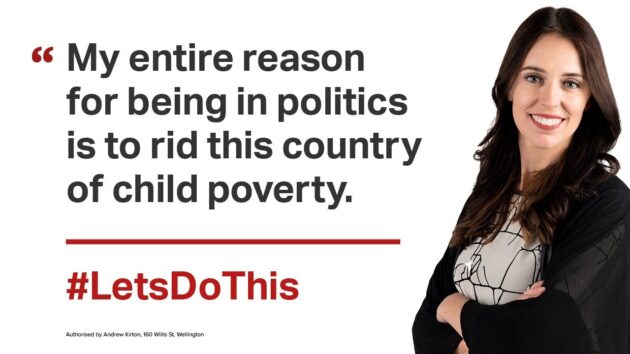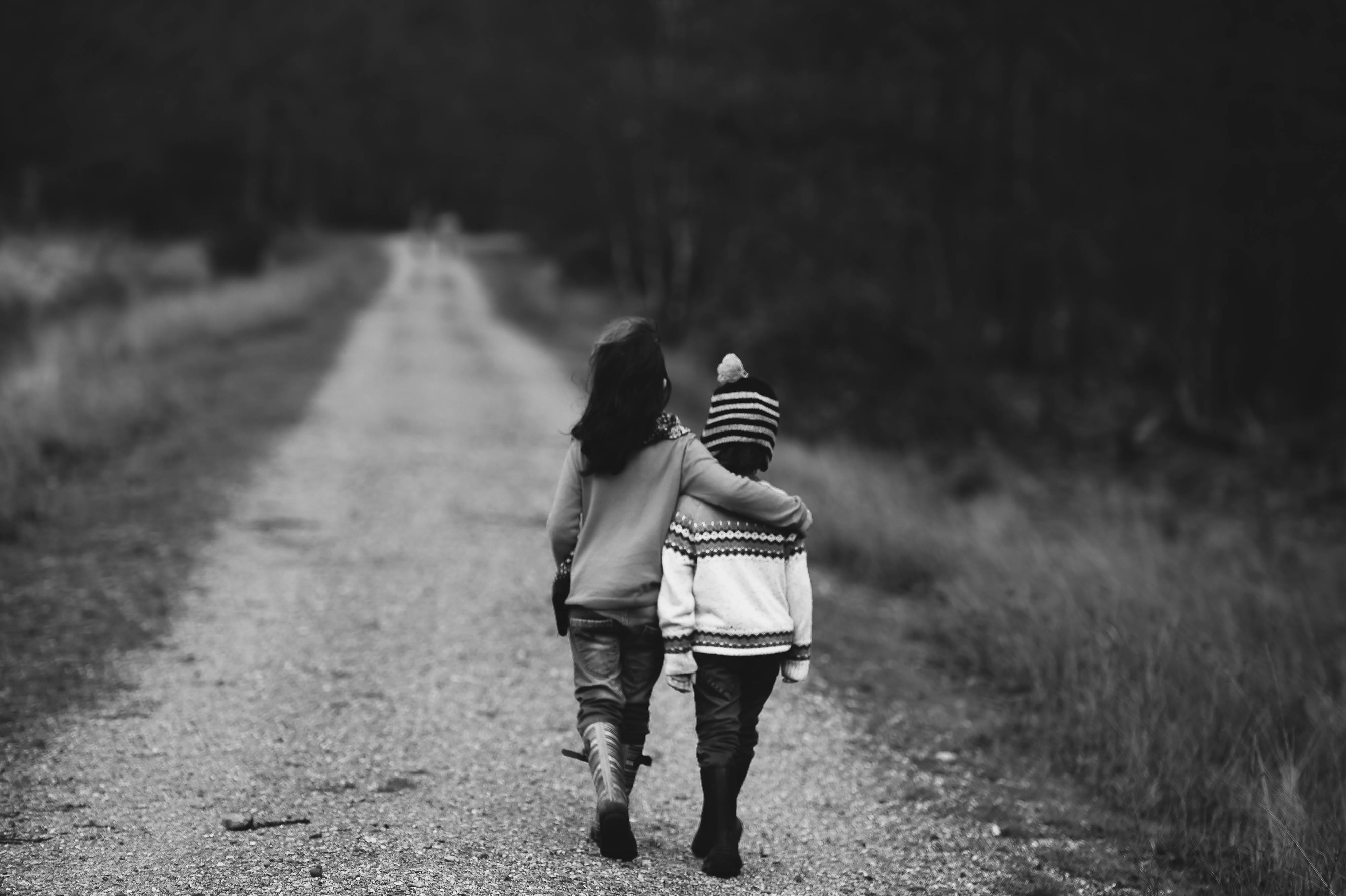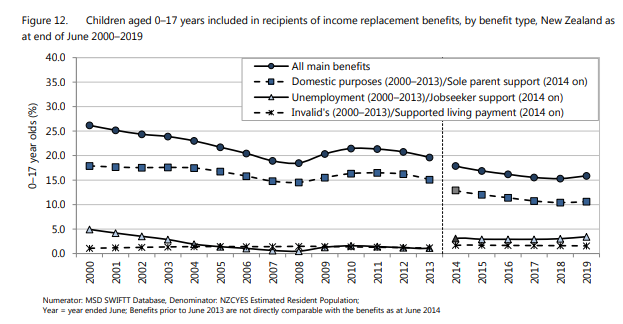Lindsay Mitchell
lindsaymitchell.blogspot.com
New Year seems to be a time when predictions are checked. In September 2017 I predicted Jacinda Ardern would increase child poverty if she became Prime Minister.
On 7 of 9 measures introduced under the Child Poverty Reduction Act, to June 2018 poverty had increased. That’s fairly out-dated data now and not a particularly useful measuring stick.
But also now known is that children in benefit dependent households rose between June 2018 and 2019. From Otago University’s Child Poverty Monitor:
It’s not a big rise but it’s the first in 10 years.
I argued, and still do, that despite studying the child poverty problem as Labour spokesperson for six years, Ardern didn’t understand the drivers.
Essentially the more a country chooses to decrease poverty through redistribution, the more joblessness grows. It is well documented now that despite having low unemployment, numbers on the jobseeker benefit – and more recently the sole parent benefit – have increased. The kind of people who choose not to work when they could aren’t necessarily stupid. But they are quite probably not good money-managers. For instance, they don’t prioritise their children’s needs. There is usually wisdom behind old adages. In this case, ‘Easy come, easy go.’
I don’t know if the Left will ever figure out that state-enforced redistribution to the poor doesn’t solve their problems in a meaningful or sustained way. It won’t under this leader anyway.
But here’s an election year question for you to ponder. If Ardern claims this year that her Families Package has reduced child poverty (BUT more children are in non-working homes) is that a success?



